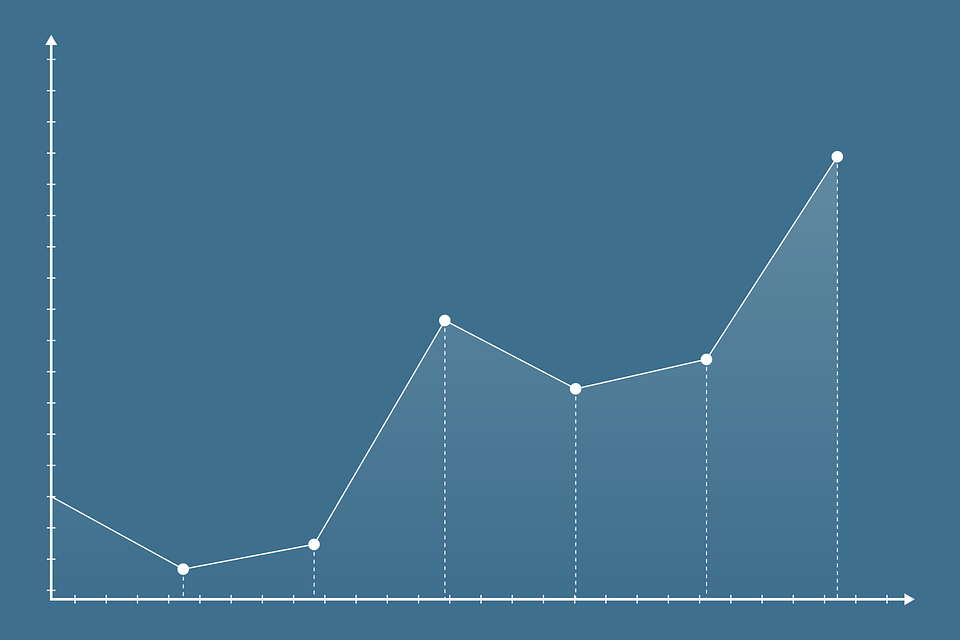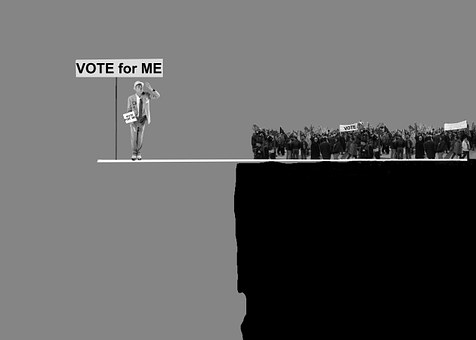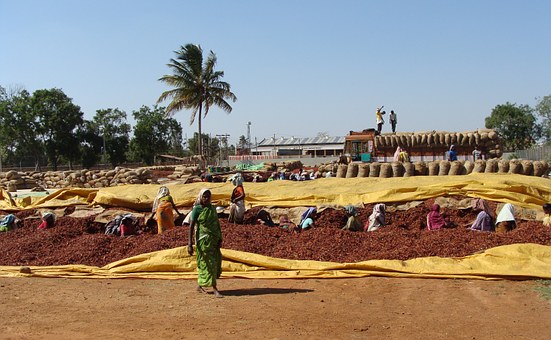That India gained significantly on the World Bank’s Ease of Doing Business Index 2018 and occupied 100th place in the battle between 190 countries was reported widely by the media. Politicians displayed partisanship while deciphering the rankings, the present government’s ministers and officials patted their own backs for bettering the rank from 130th in 2017, while opposition targeted indicators such as Starting a Business and Construction Permits where we fared badly.
But how can one index impact the overall economy of the country and what it means for the prosperity and per capita income of Indians? Let’s find it out.
The World Bank’s Index ranks countries on various parameters – Getting Credit, Resolving Insolvency and Paying Taxes among others –and this apprises investors, whether domestic or from overseas, on how the business environment will unfold in future. Understandably, when doing business is easier, enterprises will thrive and investors’ stake will witness good returns. It is all about sentiments; when they are high with a backing from the World Bank, a virtuous chain of events is triggered.
But is India jumping 30 places in the 2018 index all we want to know? Indeed, it is time we read the report in its entirety and see what can be done to accomplish the ambitious target of finding a spot in top 50 in the 2019 index.
We stand at 156th position in the indicator, Starting Business. While it takes 5 procedures in advanced economies for business to get started, India is still stuck at 12. A more painful part is that although the World Bank’s survey notes 30 days as the time taken to start business in India, a NITI Aayog finding in 2016 notes it takes not less than at least 100 days. The NITI Aayog findings are based on real world scenario with enterprise-level survey.
The world is passing through a revolutionary phase where startups are leading the race; hence unless the government works on easing the matters for starting business, the Make in India dream as well the uphill task of creating jobs for millions of workers entering the workforce will remain unrealized. The survey by India’s topmost think tank also notes that information dissemination about reforms introduced by the government in recent past lags. Out of 100 manufacturing startups, the survey says, 80 do not use the single window service and the only reason behind this is lack of knowledge of available resources.
The lately initiated debate on the correlation between GDP per capita and the ease of doing business also points to the urgency for the government to further cut the redtape. Economists have pointed out that countries with better rankings also fare well on GDP per capita; hence India’s transition from a developing economy to developed one depends largely on how we rid ourselves of unwanted regulations.
GST, the new indirect tax regime, will find place in next year rankings, and if the centre works well with states to better our ranking on the parameter, Registering Property, the 2019 report will come as yet another booster to our profile.
Also read: Is Indian Economy in Terrible Shape?
To get your article published on Suvipra.com, refer our guidelines Guidelines
Contribute article Contribute















